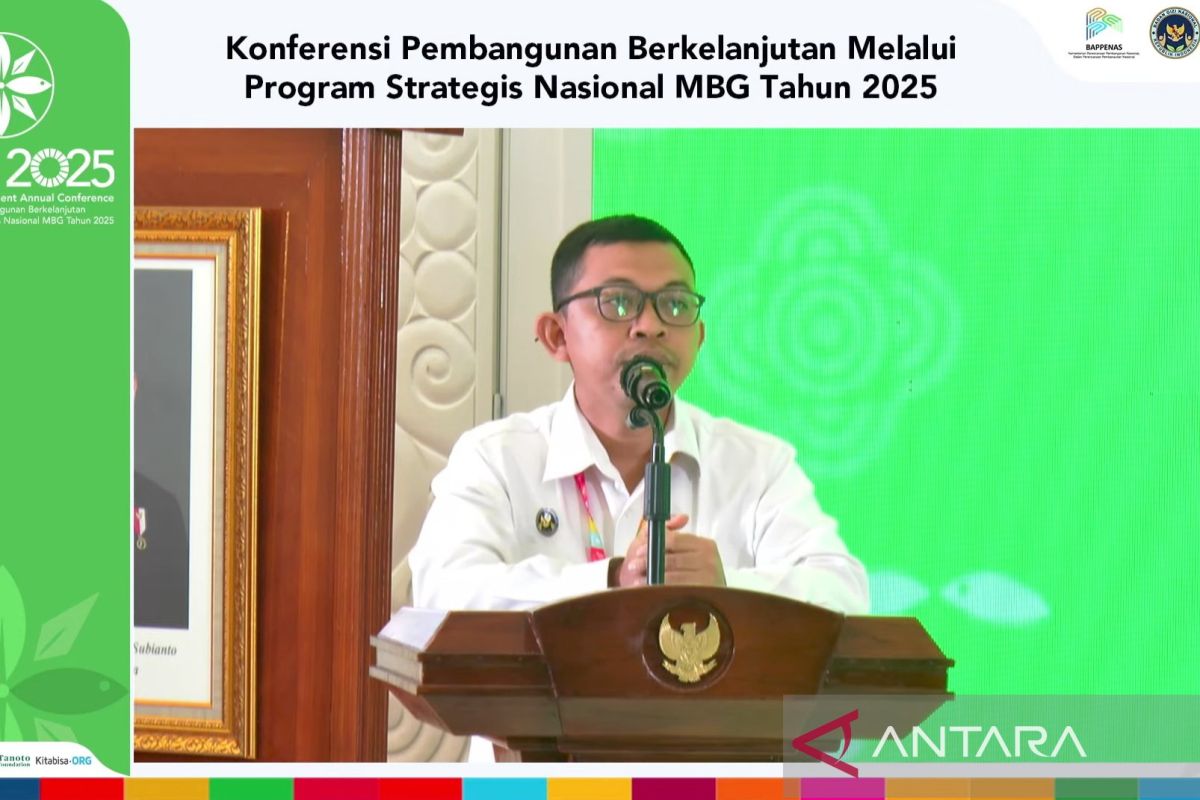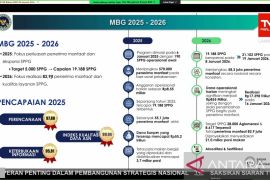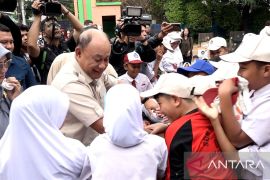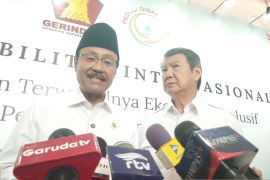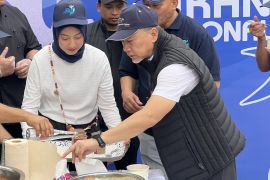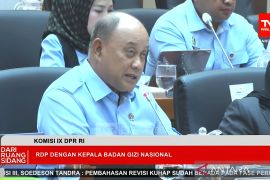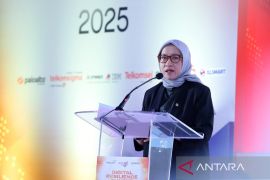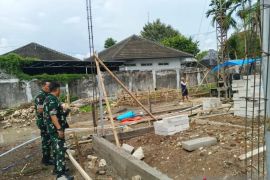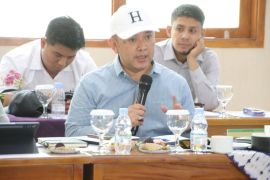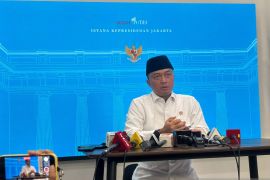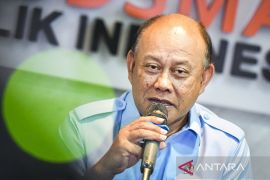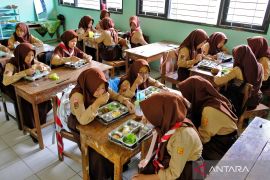He explained that through this program, the government aims to optimize Indonesia's demographic bonus by developing a highly skilled, healthy, intelligent, and productive workforce that can lead the nation toward high-income status in the future.
“Our hope is that we can turn this demographic bonus into a major opportunity to escape the middle-income trap,” Nurjaeni stated during the Sustainable Development Annual Conference (SAC) 2025 in Jakarta on Thursday.
He emphasized that improving nutrition quality is a key foundation for preparing a productive and innovative workforce.
According to Nurjaeni, many developed countries achieved strong economic growth not because of abundant natural resources, but because they invested in human capital.
“We must, of course, build quality human resources. We can see examples of many developed nations that lack natural resources but have succeeded in becoming advanced economies,” he added.
In addition to improving nutrition among Indonesia’s youth, Nurjaeni highlighted that the MBG program is also designed to stimulate local economies.
He explained that of the IDR 15,000 (approximately USD 0.90) allocated for each meal package, IDR 10,000 (USD 0.60) is used to purchase food from local farmers, fishermen, and livestock breeders.
Meanwhile, IDR 3,000 (USD 0.18) is allocated for food processing operations and local workers’ wages, while IDR 2,000 (USD 0.12) is invested in developing kitchen facilities.
The agency collaborates with various local small and medium enterprises (SMEs), Village-Owned Enterprises (BUMDes), and Village Cooperatives to strengthen the local food supply chain for the program.
“So, the money goes back to the community. The main goal is not only to improve the nutritional status of the younger generation but also to enhance the community’s economic well-being, especially in rural areas,” Nurjaeni concluded.
Related news: Legislator urges schools to run Free Nutritious Meal program directly
Related news: Businesses back MBG as social investment and job creator: study
Translator: Uyu, Azis Kurmala
Editor: Primayanti
Copyright © ANTARA 2025
